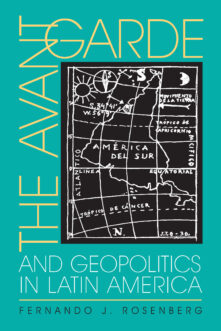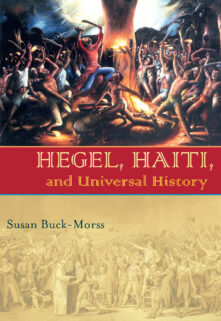Books
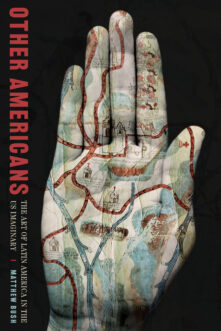
Other Americans
The Art of Latin America in the US Imaginary
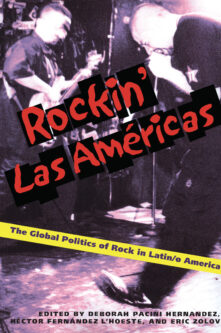
Rockin Las Americas
The Global Politics Of Rock In Latin/o America

The Corpus Delicti
A Manual of Argentine Fictions
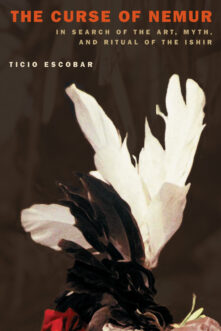
The Curse of Nemur
In Search of the Art, Myth and Ritual of the Ishir
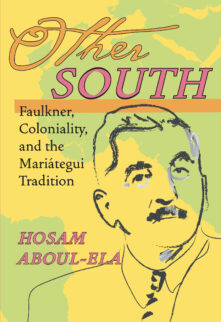
Other South
Faulkner, Coloniality, and the Mariátegui Tradition
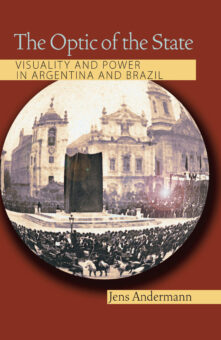
The Optic of the State
Visuality and Power in Argentina and Brazil
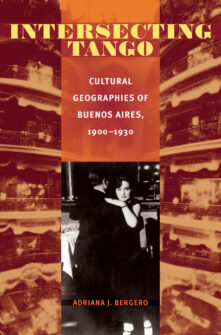
Intersecting Tango
Cultural Geographies of Buenos Aires, 1900-1930
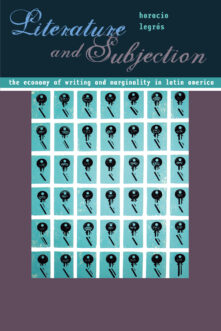
Literature and Subjection
The Economy of Writing and Marginality in Latin America
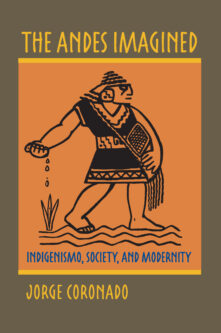
The Andes Imagined
Indigenismo, Society, and Modernity
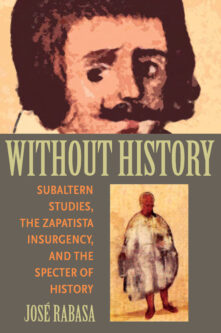
Without History
Subaltern Studies, the Zapatista Insurgency, and the Specter of History
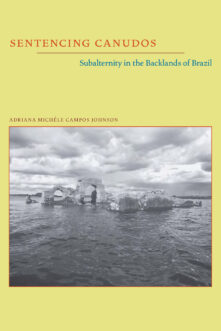
Sentencing Canudos
Subalternity in the Backlands of Brazil
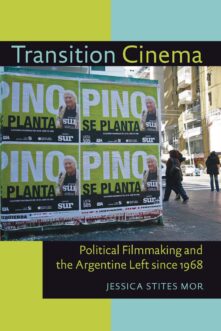
Transition Cinema
Political Filmmaking and the Argentine Left since 1968
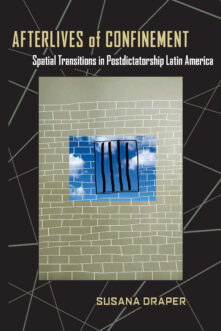
Afterlives of Confinement
Spatial Transitions in Postdictatorship Latin America
Total 63 results found.


